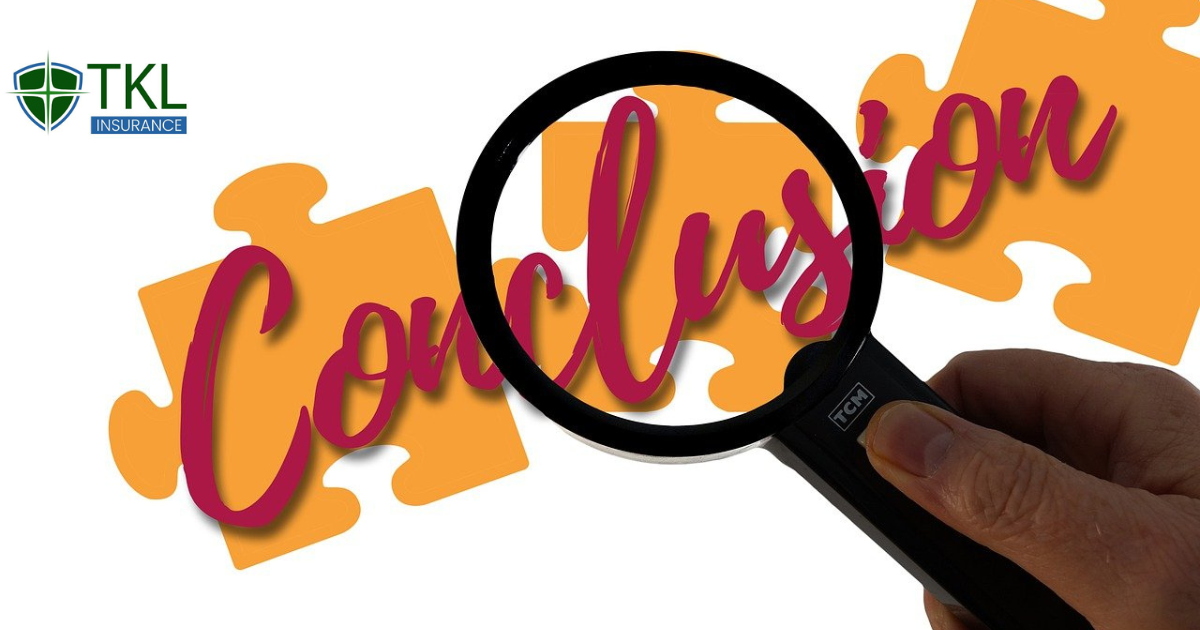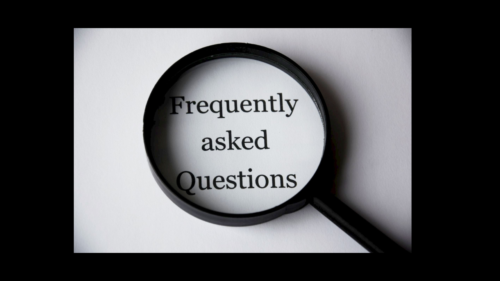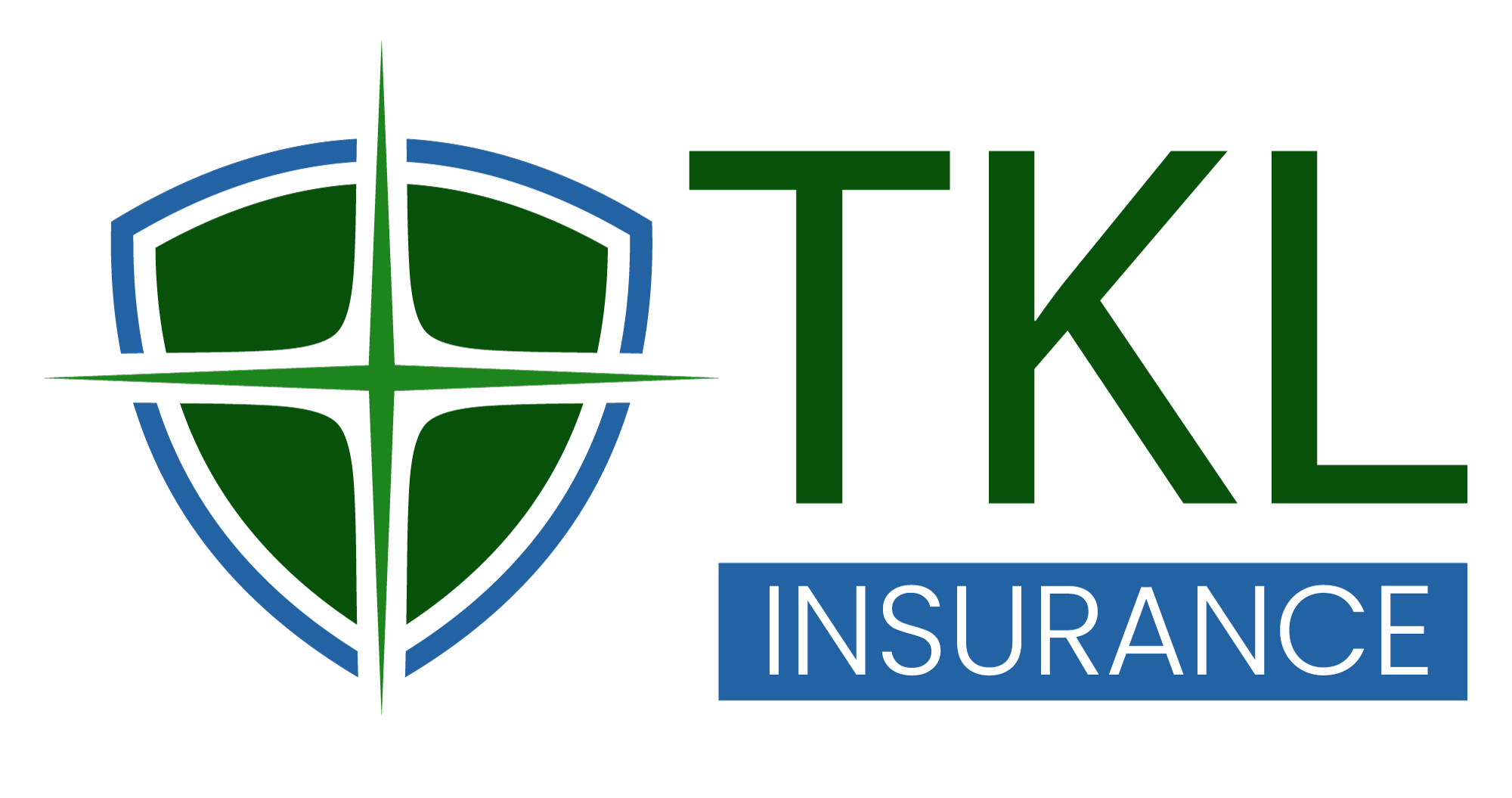Definition and Types of Insurance (Explained with Examples)

7 Principles of Insurance with Example (Easy Guide for Beginners)
July 6, 2023
Pros and Cons of Life Insurance: Surprising Truths You Must Know
July 8, 2023Table of Contents
ToggleDefinition and Types of Insurance
Learn the definition and types of insurance in simple terms. Understand life and general insurance, with easy examples to help you choose the right protection.
Introduction:
What is insurance and what are its types? Insurance is a contract between a person (the insured) and a company (the insurer) to provide financial protection. There are two main types: life insurance and general insurance, both designed to cover different kinds of risks. In this guide, we explain the definition and types of insurance in easy words with real-life examples.
Insurance is a contract based on 7 principles for reimbursement. For example, it recovers losses from disasters such as fire, hurricanes, and earthquakes. An insurer is a company or person who promises to reimburse the money. The insured (sometimes called the insured) is the person receiving the proceeds, other than the life insurance policy, where the payment goes to the beneficiary named in the life insurance contract. A premium is a consideration paid by the insured—usually annually or semi-annually—in exchange for the insurer’s promise to reimburse. The contract itself is called a policy. The events that are insured are known as risks or hazards.
Definition and Types of Insurance
Insurance is a financial agreement between a person and a company, designed to protect against unexpected losses. The definition and types of insurance revolve around two key elements: protection and compensation. The person who purchase insurance is called the insured, and the company who provides protection to the insured called insurer.
The insured pays a premium, either monthly or yearly, in exchange for financial help during accidents, damage, or emergencies. The document that explains the details is called an insurance policy, and the risks covered are called hazards.
Main Types of Insurance
There are two main types of insurance
1. Life Insurance
2. General Insurance

1. Life insurance
Life insurance is a policy that provides money to your family if you pass away. It helps protect their financial future. You pay a premium, and the insurance company agrees to pay a fixed amount to your family or to you at maturity.
Life Insurance is a type of insurance that allows the policyholder (insured) to guarantee the financial independence of their surviving family members after passing away. In the event of death or disability, it offers financial compensation.
When purchasing a life insurance policy, the insured pays the insurer either a flat sum or periodic premium payments. In return, the insurer agrees to pay the insured family a specific amount in the event of death, incapacity, or maturity.

Types of Life Insurance:
Depending on the cover, life insurance can be divided into the following categories:
• Term insurance: Provides life insurance for a specified period.
• Whole life insurance: Provide life insurance for the entire life of the person
• Endowment policy: part of the premium goes to the death benefit, while the insurer pays the rest.
• Money Back Policy: a certain percentage of the sum is paid to the insured over time as a survival benefit.
• Retirement plan: A retirement plan is also called a combination of insurance and investment. A portion of the money is deposited into the pension company, which is paid as a lump sum or monthly payment after the insured’s retirement.
• Children’s Scheme: Provides financial assistance for the children of policyholders throughout their lifetime.
• ULIPS – Unitary Insurance Plan: like an endowment plan, part of the premium goes towards the death benefit while the rest goes towards the unit investment.

2. General Insurance
General insurance includes all insurance other than life. It covers loss or damage to health, vehicles, property, and travel issues. It helps businesses and individuals reduce risk.
Everything else can be insured under general insurance, except life. It provides monetary compensation for all losses other than fatal ones. The loss or damage to all the company’s assets and liabilities is covered by general insurance. The insurance provider guarantees to pay the assured quantity in the event of a loss involving the vehicle, medical care, fire, theft, or even financial difficulties while traveling.

General Insurance is Divided Into:
-
Individual Insurance
-
Business Insurance
Individual insurance
- Health insurance: Covers medical expenses. Pays for hospital and medical expenses.
- Fire insurance: Protects property from fire damage. It provides cover for loss of goods or property due to fire.
- Travel insurance: Covers trip delays, medical emergencies, or baggage loss. Reimburses financial costs arising from medical or medical emergencies during domestic or foreign travel.
- Motor insurance: provides car financial protection against damage from accidents, fire, theft, or natural disasters. Covers damage to your car due to accidents or theft.
- Home Insurance: pays for damage to the home due to man-made disasters, natural disasters, or other threats.
- Disability Insurance: Pays a fixed amount if you’re unable to work. A disability policy pays a percentage of an employee’s salary (or a deposit) on a weekly or monthly basis if the employee is unable to work due to illness or accident.

Business Insurance
- Workers’ Compensation: Protects employees injured at work. Almost every business in every state is required to ensure that employees are not injured on the job. Some can do this through private insurance by setting aside some savings for this emergency. Many small businesses purchase workers’ compensation policies available through commercial insurers, trade associations, or state funds.
- Commercial Car Insurance: Covers vehicles used by the business. Any business that uses cars should maintain at least a minimum level of car insurance that covers personal injury, property damage, and general liability.
- Property Insurance: Protects company buildings and equipment. No business should leave its buildings, fixed equipment, machinery, inventory, etc. unprotected. From various property policies, damage or destruction of company property or property of others stored in the premises.
- Malpractice Insurance: Common for doctors and lawyers to cover professional mistakes. Professionals such as doctors, lawyers, and accountants will often purchase malpractice insurance to protect themselves against claims from disgruntled patients or clients. For doctors, the cost of that insurance has been increasing over the past three decades, mainly because of high awards given by judges to doctors who have failed in their profession.
- Business Interruption Insurance: Compensates for lost income during business shutdowns. Depending on the size of the business and losses due to damage to critical operating equipment or other assets, the company may want to purchase insurance that will cover revenue if business operations are interrupted in any way—through strikes, power outages, or loss of raw materials. distribution, and so on.
- Liability insurance: Covers legal claims against your company or product. Businesses face many risks that can lead to huge debts. There are many types of policies, including owners, landlords, and renters policies (depending on the liability involved); for manufacturers and contractors (for liability in all buildings); for the company’s products and finished works (for liability related to product warranty or product-related injuries); for owners and contractors (liability for damages caused by independent contractors working with insurance); and for contractual liability (for non-compliance with obligations specified in specific contracts).
🔍 Why Insurance is Important
Having insurance gives you peace of mind. It protects your money during accidents or unexpected events. Insurance also helps companies grow by protecting their assets. Insurance companies use the premiums to invest, support claims, and contribute to the economy.
Conclusion:
The definition and types of insurance show how important it is in our lives. Whether it’s life, health, business, or property, insurance helps people recover from losses and stay financially secure. Choosing the right type gives you a safety net during tough times.

The benefit of having insurance is that it prevents you from burning a hole in your pocket at unprecedented times. This gives you financial support for your loss and damage. The main function of all types of insurance is to provide damage control for the insured by attracting more people to pay to cover their risks. This fund is mainly used to create capital through investments in the markets. This helps insurance companies continue to operate and settle/settle insured claims. It also stimulates the economy.
 FAQ
FAQ
1. What are the 3 types of insurance?
The three most important types of insurance are Property insurance, liability insurance, and life insurance.
2. What are insurance and what type?
Insurance plans can cover health expenses, vehicle breakdowns, loss of business, or accidents while traveling. Life insurance policies and general insurance Policies are the two main types of insurance
3. What are the 4 major lines of insurance?
Life insurance, health insurance, long-term disability insurance, and auto insurance are four types of insurance you should have.
4. What is the most basic type of insurance?
Types of Insurance
1. General Insurance.
2. Life Insurance.
5. What are the 2 major classifications of insurance?
There are two broad types of insurance:
• Life Insurance.
• General Insurance.
6. What are the 3 main types of insurance?
Life insurance, general insurance, and health insurance.
7. What is insurance and what types are there?
Insurance protects you from financial loss. There are life and general insurance types.
8. What are the 4 key types of insurance everyone needs?
Life, health, auto, and disability insurance.
9. What is the most basic type of insurance?
Life and health insurance are the most basic.
10. What are the two broad classifications of insurance?
Life Insurance and General Insurance.




